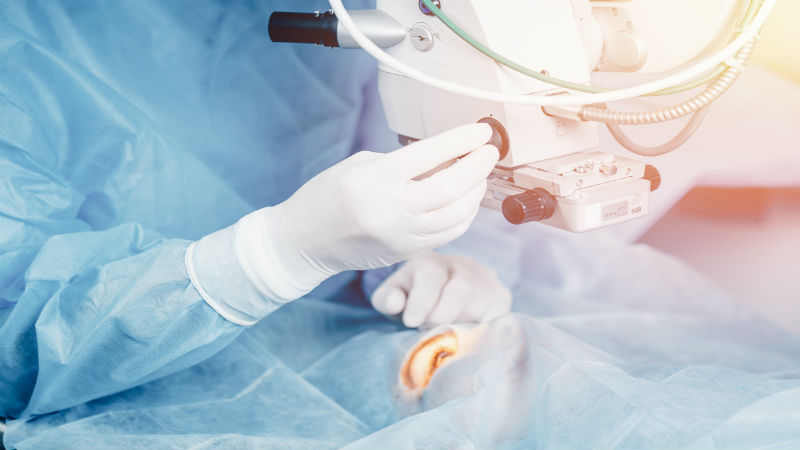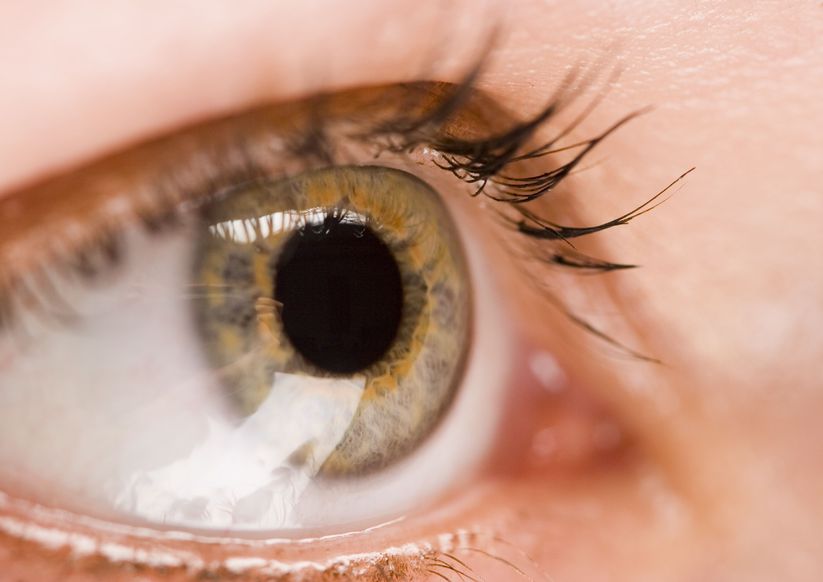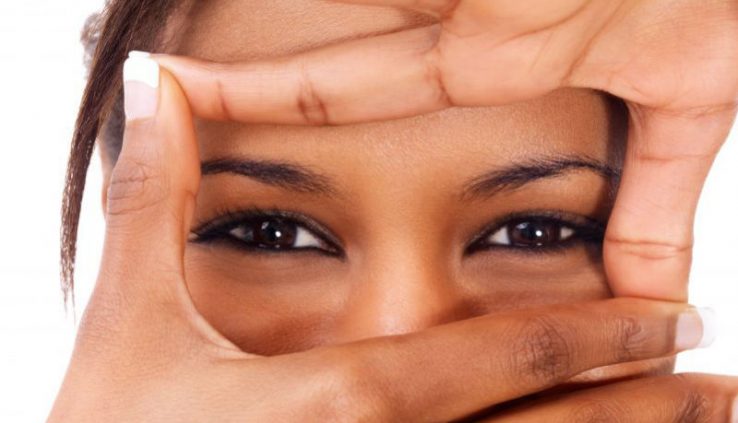After LASIK, most patients report returning to work and driving the day after their procedure confidently. Even so, recovery speed depends on how well you protect and care for your eyes after having surgery. For tips and advice on the best preventative measures to take, try googling LASIK surgery near me, and then research reviews and visit the surgery before deciding on the best eye surgeon for your situation.
You should take at least one day off work following the procedure and only return if you feel comfortable doing so. Some patients feel ready to return to work and even drive the day after their procedure, but this depends on how quickly and efficiently the patient’s wounds are healing.
When it comes time to return to the workplace, you need to be cautious. Surgery requires time to heal, so let your body take the time it needs to do that.
How Long is the Healing Process?
The healing process begins immediately following the surgery. Most patients report improvements in their vision after about two days, others take about a week, but the eyes are not fully healed until six months after the procedure.
What Should I Expect During the Healing Process?
You may experience discomfort following the procedure, and you will probably be told to wear a protective patch over the eye. This patch will prevent rubbing or touching the eyelid, especially during sleep, to make sure the healing process is not hindered.
Along with slight irritation, you can expect to experience a mildly blurred vision along with other vision difficulties for the first weeks and months following LASIK eye surgery. Dry eyes, glare, and other visual phenomenon are common in the following weeks.
The best LASIK surgeons in Michigan will usually have their patients return for follow-ups about six months or longer after the operation. These follow-up appointments ensure patients have appropriately healed and are their eyes are healthy.

How Can I Protect My Eyes at Work After LASIK?
When it comes time to return to work after having LASIK vision correction surgery, there are a few things you should keep in mind. If you follow these simple pieces of advice in the workplace, your LASIK healing process should be painless:
- Limit the amount of time you spend looking at a screen, if possible. If your job depends on digital technology, make sure to blink regularly while looking at the screen.
- Keep a bottle of lubricating eye drops close to you and use it frequently to maintain moisture in your eyes.
- Wear protective safety glasses, goggles, or a face shield to protect your eyes if your job requires you to be around harmful chemicals, dirt, debris, or sharp objects.
After LASIK eye surgery, you should make sure to always protect your eyes even after the healing process is finished.
Protecting Your Eyes from Screens
Of all precautions to take, this is the most likely to be forgotten. We tend to blink less while using the computer, which exacerbates dry eyes in LASIK patients.
Many careers today require constant use of a computer or other digital platform. After having LASIK surgery, patients’ eyes are more susceptible to damage from overexposure to digital screens, so it’s vitally important to avoid this damage, limiting screen time if possible.
If limiting screen time is not possible, you may want to try the taking a 20-second break every 20 minutes, and during the break, focus on an object at least 20 feet away. This method is called the 20-20-20 rule and was created to avoid dry eyes as a result of too much time spent on the computer.

Post-Surgery Care
To prevent further damage to the eyes after having undergone LASIK, invest in protective eyewear. Protective eyewear should be worn during physical activity, sports, and work that requires the use of power tools, etc.
The goal post-surgery should be to protect your eyes from damage and to rest while you heal. It is important not to tire yourself out and to make sure you sleep well every night to encourage the best healing process possible.

